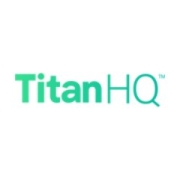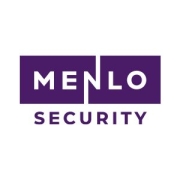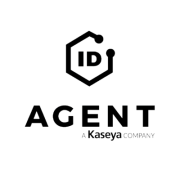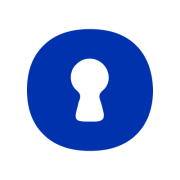Internet Security protects computer systems and networks from data breaches, hacks, and other cyber threats. It encompasses a range of tools and protocols designed to safeguard sensitive information while ensuring uninterrupted access to legitimate users.
To navigate the complex landscape of Internet Security, IT professionals must consider not only the technical aspects of securing data but also how these solutions integrate with existing infrastructures. Effective Internet Security provides consistent updates and active monitoring, helping businesses handle threats proactively. Internet Security is essential for maintaining trust with clients, upholding legal compliance, and avoiding financial repercussions associated with data breaches.
What are the critical features of these solutions?Implementing Internet Security in industries like finance and healthcare is particularly crucial due to the sensitive nature of data handled. Solutions often need to be robust and adaptive to meet industry-specific compliance requirements and to handle targeted attacks effectively.
Organizations find Internet Security beneficial in protecting their digital assets against unauthorized access and cyber threats, ensuring that business operations continue smoothly and data remains protected.
| Product | Market Share (%) |
|---|---|
| Cisco Umbrella | 31.3% |
| Zscaler Internet Access | 29.5% |
| Forcepoint Secure Web Gateway | 7.2% |
| Other | 32.0% |




























Today, we all use the internet in almost every aspect of life. For business, recreation, pleasure - pretty much everything we do. There are numerous facilities protecting our personal sensitive data, such as financial institutions, health facilities, intellectual property, and more. There are cyber criminals, hackers, scammers, and bad actors continually looking for ways to gain access to such sensitive information every moment of every single day. This is why we need to secure our internet connections.
Internet security is vital to ensuring that business and personal processes stay safe and secure. There are malicious sources that are working every day to find new ways to compromise an organization's functionalities, leak data, or even lock an entire network down until the hackers) get what they want. Internet security is necessary to continually mitigate any threats or risks that occur due to the regular use of the internet.
Internet security software is software designed to ensure devices, operating systems, networks, servers, browsers, transactions, data traffic, and cloud applications are kept safe and secure from any type of threat or vulnerability that results from access to the internet.
Phishing scams often disguise themselves as legitimate communications to obtain sensitive information. To protect yourself, always verify the sender's email address, avoid clicking on suspicious links, and use advanced email filtering tools. Enabling two-factor authentication and educating your team about recognizing phishing attempts can greatly reduce risks.
What is the role of a VPN in Internet Security?A Virtual Private Network (VPN) enhances Internet Security by encrypting your online traffic, making it difficult for hackers to intercept your data. It also masks your IP address, bolstering your online privacy. For businesses, using a VPN ensures secure remote access to company networks, providing an additional layer of protection against cyber threats.
Why is endpoint protection crucial for businesses?Endpoints, such as laptops and mobile devices, are common targets for cyberattacks. Deploying endpoint protection solutions guards against malware and unauthorized access. These solutions offer features like device control, data encryption, and behavior analysis, crucial for preventing breaches that could lead to data loss or financial damages.
How does a Web Application Firewall (WAF) work?A Web Application Firewall (WAF) monitors and filters HTTP traffic to and from a web application. It plays a pivotal role in safeguarding against threats such as SQL injection and XSS attacks. By analyzing requests and blocking malicious traffic, a WAF helps ensure the integrity and security of web applications while enhancing user trust and compliance with data protection regulations.
What are the advantages of using CASB solutions?Cloud Access Security Broker (CASB) solutions provide visibility and control over cloud service usage. They ensure data security through encryption, DLP (Data Loss Prevention), and real-time monitoring. CASB solutions bridge the security gap between on-premises infrastructure and cloud services, allowing for reliable data compliance and confidential data management in the cloud environment.